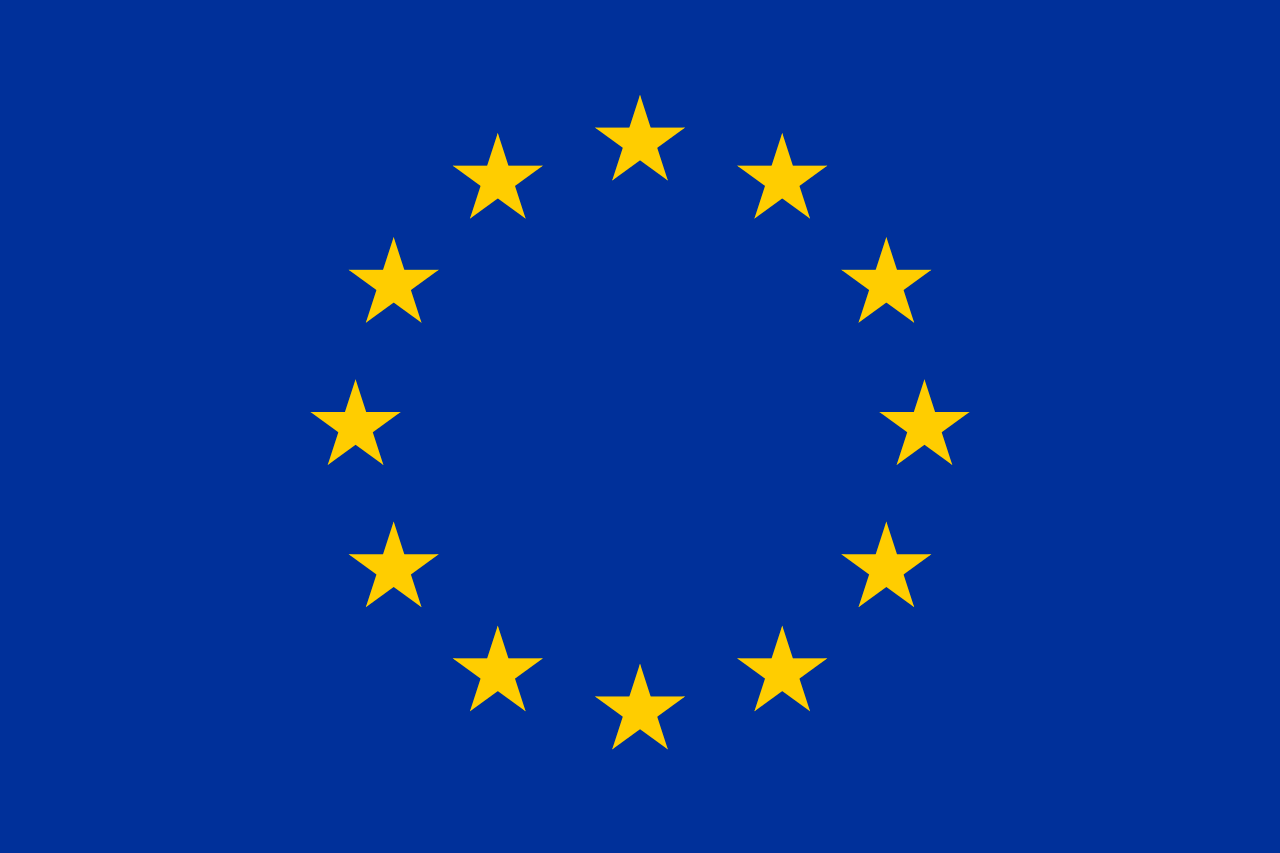2025-05-05

The European Union will be imposing Anti-Money
Laundering (AML) rules that will ban privacy-preserving tokens and anonymous
cryptocurrency accounts from 2027.
Under the new Anti-Money Laundering
Regulation (AMLR), credit institutions, financial institutions and crypto asset
service providers (CASPs) will be prohibited from having anonymous accounts or manage
privacy coins such as Monero.
The European Union has finalized its
Anti-Money Laundering Regulation (AMLR), set to take effect on July 1, 2027,
which will ban anonymous cryptocurrency accounts and privacy coins such as
Monero (XMR), Zcash (ZEC), and Dash.
What the AMLR Does?
1. Bans Privacy
Coins:
o Coins like Monero
(XMR), Zcash (ZEC), and Dash, which use privacy-enhancing technologies to
obscure transactions, will no longer be permitted for use or custody by
regulated entities in the EU.
2. Eliminates
Anonymous Accounts:
o Anonymous
crypto accounts and wallets will be outlawed. All CASPs, banks, and financial
institutions must conduct full identity verification (KYC).
3. Threshold for
KYC:
o Any crypto
transaction over €1,000 must be accompanied by complete identity verification,
aligning with standards already in place for traditional banking.
4. Establishment
of AMLA:
o A new Anti-Money
Laundering Authority (AMLA) will be created to oversee enforcement. It will
directly supervise larger CASPs operating across at least six EU countries.
EU wants to align digital assets with
traditional financial systems and combat illicit financial activities.
However, privacy advocates argue this
infringes on financial privacy and disproportionately affects users who use
privacy tools for legitimate reasons (e.g., political dissidents,
whistleblowers).
But EU see it as a necessary step to
combat money laundering, terrorism financing, and ransomware, especially with
the rising use of crypto in illicit markets.